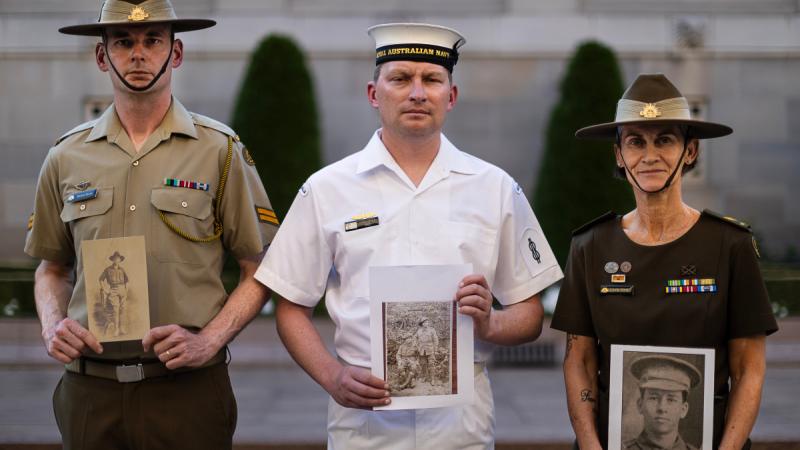Cairns woman Hazel Oosen has spent 40 years working with Indigenous communities in Far North Queensland. She’ll spend NAIDOC Week reflecting on that time and celebrating her culture with family and friends.
“It’s so important to me that my grandchildren and great grandchildren know about their culture and are proud of who they are,” Hazel said.
A proud Indigenous woman, Hazel works as a Medicare Liaison Officer with the Department of Human Services. Her career started in 1979 as a trainee working on the ABSTUDY program.
“Back then we had no computers on our desks, and all payments to customers were manually written up and sent off by mail for processing,” Hazel said.

While technology has dramatically changed over the years, Hazel’s people skills have remained second to none. People have always been at the centre of her work.
“One of my first roles involved arranging travel for ABSTUDY students who lived in the Torres Strait and Cape communities so they could attend school,” Hazel said.
“It was really rewarding. Over the years I’ve been lucky enough to catch up with some of those students and hear about what they’re doing now.”
In her current role as a Medicare Liaison Officer, Hazel works closely with Aboriginal Medical Services across Australia.
“It’s important to be able to provide these services with the support they need so they can concentrate on delivering the best possible health care,” Hazel said.
Human Services General Manager Hank Jongen said Medicare Liaison Officers are just one of the specialist services which support Aboriginal and Torres Strait Islander peoples.
“Hazel is one of our talented staff members really making a difference in Indigenous communities,” Hank said.
“We also have Indigenous Service Officers across Australia who provide specialist support and often work in remote communities.
“Free Indigenous interpreting services are also available to Indigenous Australians, including face to face and phone options.”
Hazel has watched the department’s Indigenous services evolve first hand over the years.
“I’ve worked with some fantastic people since 1979, all of whom have contributed to improving services for our people,” she said.
“NAIDOC Week is a time to celebrate that.”








